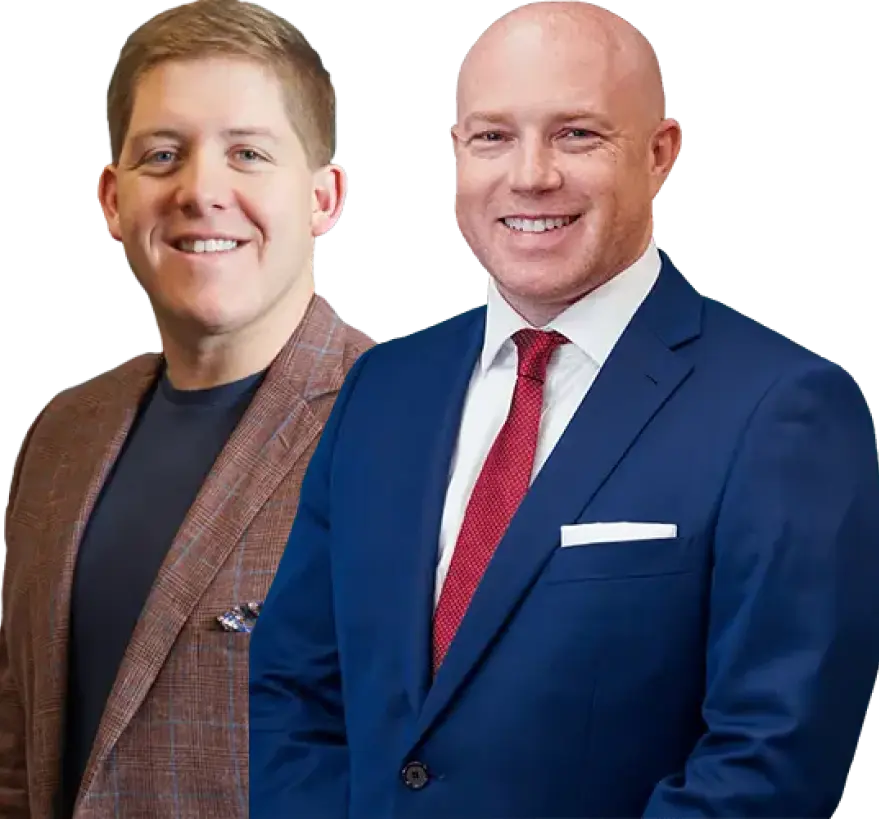New Orleans is a wonderful place that is always bustling with fun activities, and it is no surprise why people from around the world come to visit. A great way to experience the city is by walking the streets and exploring the local shops and restaurants. However, significant pedestrian traffic can mean more accidents, and the local government has many regulations in place to avoid unnecessary risks.
You have the right to pursue compensation if you sustained injuries in an accident with a negligent motorist. Call a New Orleans pedestrian accident lawyer to learn how you might be able to file a personal injury claim.
Common Causes of Pedestrian Accidents and Injuries
Some of the most common causes of pedestrian accidents in New Orleans are the same ones seen in urban areas around the country, and they include the following situations:
- Distracted drivers
- Speeding, reckless or aggressive driving, and failing to adhere to other traffic safety laws
- Driving while under the influence of alcohol or drugs
- Failure to stop and give the right-of-way to pedestrians in crosswalks
- Driving with limited vision at night or in bad weather
Since they do not have the protection of vehicles, pedestrians will almost always get the worst of the accident compared to motorists. It is not uncommon for people to suffer the following injuries:
- Broken legs and a fractured hip or pelvis
- Severe lacerations and bruising
- Face, head, and brain injuries
- Back and spinal cord damage
If the crash occurs at a high speed, it is also possible for the pedestrian to be killed in the accident. After reviewing a case, a New Orleans pedestrian accident attorney could work with a plaintiff to gather the necessary evidence and put together a claim that holds the negligent party accountable.
New Orleans Pedestrian Right-of-Way Laws
New Orleans is a popular tourist destination and has a significantly higher rate of pedestrian traffic than much of the country. Therefore, government officials take extra care to enforce pedestrian protection laws. Under Louisiana Revised Statutes § 32:212, motorists must yield the right of way to people in crosswalks, with or without working traffic control signals, and remain stopped until the individual(s) reach the curb on the other side of the road. Traffic safety laws also prohibit other vehicles from passing motorists who have stopped for people crossing the street.
While cars must stop for anyone in crosswalks, pedestrians must never step off the sidewalk and into the road in front of moving traffic. A pedestrian accident lawyer in New Orleans could assist in determining liability if there is a question about which party violated traffic rules.
Potential Damages in Pedestrian Accident Lawsuits
The money a person can recover in a lawsuit is called damages and is meant to make up for the losses they experienced. Damage awards in personal injury cases can be divided into two groups: economic and non-economic damages.
Economic Damages
The first group covers verifiable monetary losses, including medical expenses and ongoing care, therapy, prescriptions, and medical devices. Lost wages, other work benefits, and loss of future earning potential also fall under economic damages.
Non-Economic Damages
Non-economic damages are the non-monetary personal losses people experience because of severe injuries. The court may order the defendant to compensate the plaintiff for pain and suffering, lost enjoyment of life, emotional distress, or permanent scarring and disabilities. These are more difficult to prove, which is why it is best to work with a lawyer who knows how to pursue them.
Schedule a Meeting With a New Orleans Pedestrian Accident Attorney
Negligent motorists can cause a pedestrian accident and change your life instantly. The good news is you have the right to seek damages to cover your various losses from the at-fault party.
Meet with our New Orleans pedestrian accident lawyer to review your legal options. You will not have to pay for the legal services unless we successfully recover a settlement or win compensation in court.


